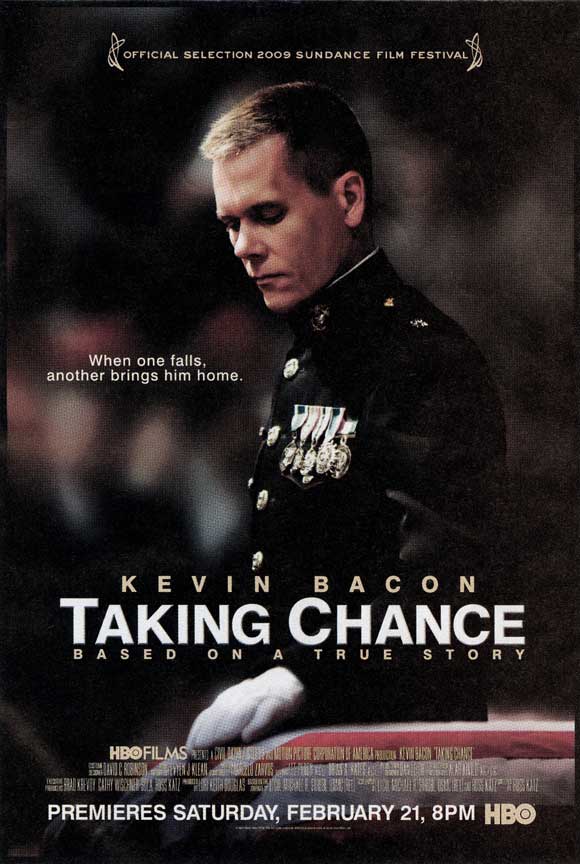
NCOSE Releases Tips for Parents to Raise Children Amid Pornographic Culture
By Movieguide® Contributor
To help parents raise “pornography resistant” children, the National Center on Sexual Exploitation came out with tips to help parents help protect their children.
Pornography is pervasive, not only on adult site but in mainstream media. With over half of American teens being exposed to pornographic content before they turn 13, it is no longer a question of if they will be exposed, but when. The term “sex sells” is still a prevalent motivator in the marketing world, and even if they aren’t seeking it out, teens are bombarded with sexual content through social media, their favorite streaming platforms and other types of media.
While rules and filters need to be put in place to protect our kids, it is also important to talk with them about this issue so they know what to do when things slip through the cracks. The question of how to raise kids that say no to porn usage is a daunting one, but the National Center on Sexual Exploitation (NCSE) has suggestions on how to address this problem.
The most important thing, according to the NCSE, is to have a strong relationship with your kids.
“If you have a good relationship, your child will be more inclined to listen to your words and follow you example when dealing with pornography,” they suggest.
They also note that encouraging your kids to cultivate relationships away from screens deters the risk of being exposed to pornographic content. Finding activities they enjoy that do not require a screen and doing that with other people provides them with a space that is free from sexual bombardment.
Another guideline presented by the NCSE is to communicate with your children about pornography and internet safety.
“The goal of this communication is to create a shame free communication culture with your child… As you talk openly and often about pornography with your child, he/she will feel more comfortable talking to you about it,” they write.
In addition, parents should ask their children questions to help them start conversations about what they are seeing online. Families can also create phrases that allow children to signal they saw something online in a more comfortable way such as, “today I was brave,” or “I was a leader today.”
The NCSE even suggests practicing talking about sexual content with their children so they are more comfortable talking about the topic when it comes up for real.
“If your child is able to report what happened to you or a trusted adult, they are much more resistant to the power of pornography.”
The final suggestion from the NCSE is to aggressively protect your children from pornographic material. Parental controls or monitoring software, coupled with technology rules such as no phones in bedrooms, or no phones at night are important steps in raising pornography resistant kids.
These suggestions all align with the teachings of Movieguide®’s founder Ted Behr. His books “The Culture Wise Family” and “The Media Wise Family” both stress that ultimately, deciding what is good to consume and what is harmful to consume falls to our children.
It is better to raise our kids to think critically about the media they consume rather than shelter them from every movie or TV show. While pornography is much different than TV or Movies, it is still up to our children whether or not they will engage with this media or not. There is always some workaround or avenue for them to access pornographic material and it’s their decision whether or not they will pursue it.
The topic of pornography is an important one to address and have age-appropriate conversations about so that our kids are able to respond appropriately when they inevitably come across sexual content.
Proverbs 22:6 reads “train up a child in the way he would go; even when he is old he will not depart from it,” ESV.
Encouraging your kids to resist sexual content and having conversations about the topic is the best way to raise pornography resistant kids that choose not to engage in this addictive sexual sin.
Movieguide® has previously reported on pornography and teens:
As technology becomes increasingly integrated into children’s lives, pornographic material is easier to find, even unintentionally, and the rate of pornography use among teens continues to grow.
A 2022 study found that 73% of teens ages 10 to 17 consumed online pornography—a number that has nearly doubled since 2014.
Movieguide® has frequently reported on the insidious nature of online pornography. As Dr. Baehr writes in The Media-Wise Family,
“As the internet grew from being merely a service for sending text data by modem into the primary video delivery method for the mass media of entertainment, its use for spreading pornography has become ubiquitous. The quantity, and high definition quality of, pornography has exploded.”
This 2022 study explored the pornography habits of teenagers in America. While it found that most teens (73%) have consumed pornography, only 44% had ever done so “on purpose,” while 58% had encountered pornography accidentally.
How do so many teens accidentally come across pornographic material? Of the 58% who reported accidentally encountering pornography, 51% said they encountered it “via clicking a link, search engine result, an online ad, or on social media in some way.” Another avenue is through a friend or classmate showing it to them, an event that 23% reported occurring.
Additionally, 30% of teens said they had been exposed to pornographic material during the school day.
The type of school attended factored into how frequently students encountered pornographic material. The rates of exposure were relatively low for those homeschooled (27%) or attending public school (26%), while the rates were much higher for charter or magnet schools (41%) and were at their highest at private or religious schools (50%).
Many teens do not view their porn consumption positively. Forty-one percent of those who had ever consumed pornography agreed with the statement, “I believe watching online porn is bad.” Fifty percent said they feel guilty or ashamed after watching porn.
While these negative feelings toward porn exist, they do not dissuade most teenagers from consuming that content. Sixty-seven percent of teens who had consumed pornography said they “feel OK about the amount of online porn [they view],” while only 25% said they “feel like [they] should watch less online porn than [they] do.”
However, 41% of those who responded that they “feel OK about the amount of online porn [they view]” also responded that they feel guilty or ashamed after watching pornography.
Why, then, is pornography so alluring to teens?
First, teens turn to pornography for pleasure. Due to the undeveloped nature of their brains, the dopamine rush and resulting pleasure they receive are much higher than that of adults, causing addictions that are incredibly difficult to break. Nearly a quarter of the teens in this study said they think about watching porn throughout the day. Movieguide® has reported extensively on the way pornography impacts the teen brain.
Related: How Porn Exposure in Media Drastically Affects Teen Brains
Second, teens have questions, many of which are awkward and easier to find answers to online rather than turning to a trusted adult.
Despite this, many teens understand that pornography is not real. More teens said they did not agree that “online porn gives helpful information about sex” (45%) than did agree (35%). Most consumers indicated that they know the portrayals of sex in pornography are inaccurate.
Most teens indicated they have had conversations with trusted adults surrounding the topic of sex (75%), relationships (82%) and birth control (53%), but less than half (43%) had had conversations about pornography itself.
While many teens want to have these conversations with a trusted adult, they either don’t know how to initiate the conversation (39%) or don’t know who to turn to (34%).
Engaging in conversation with one’s children about the dangers and detrimental effects of pornography can answer questions teens may have before they look for them on their own and stumble across pornographic material accidentally.



 - Content:
- Content: 

